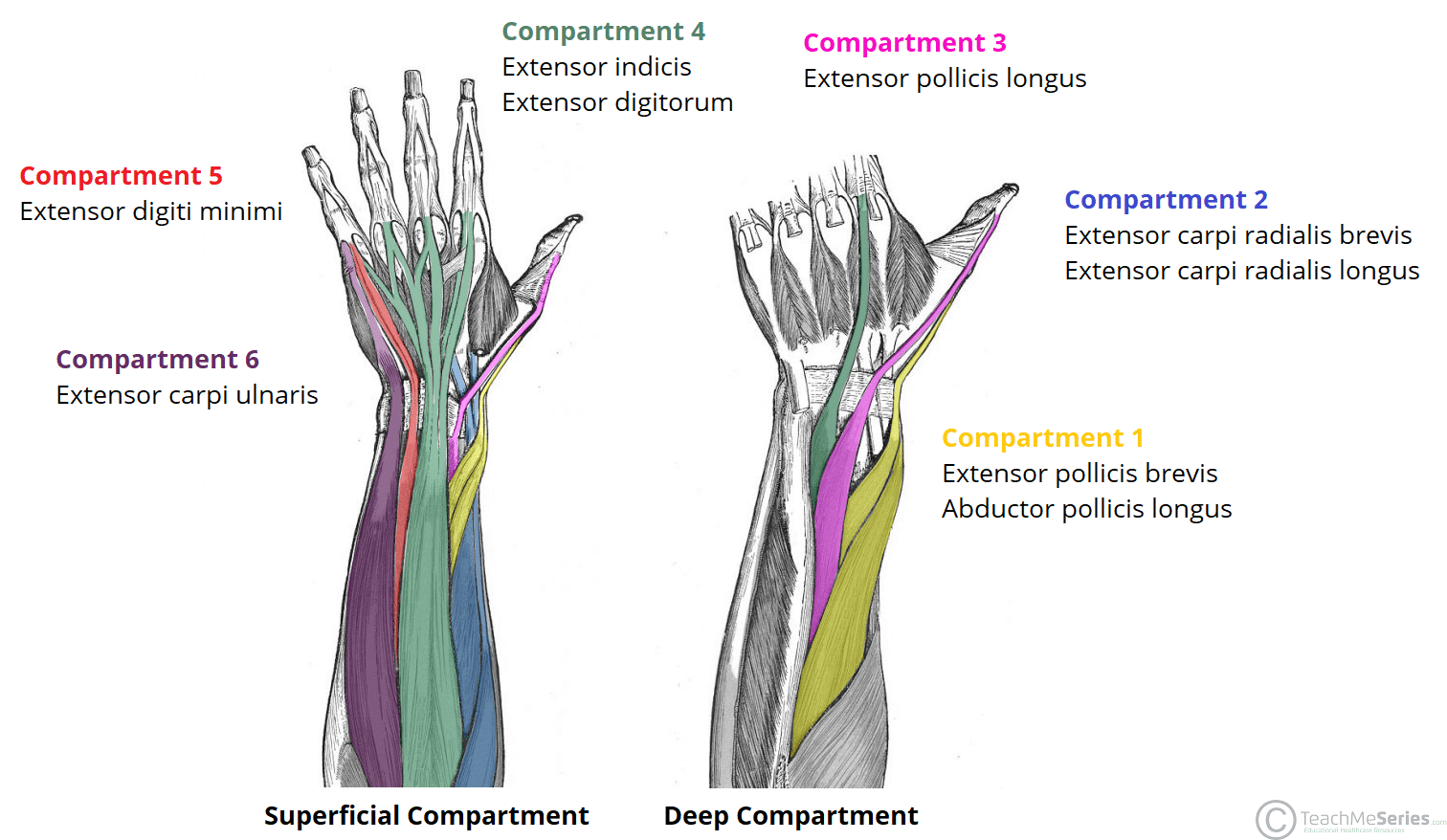

Sometimes chronic exertional compartment syndrome is mistaken for shin splints, a more common cause of leg pain in young people who do a lot of vigorous weight-bearing activity, such as running. If you have recurring unusual pain, swelling, weakness, loss of sensation or soreness while exercising or participating in sports activities, talk to your doctor. Once you take up running again, for instance, those familiar symptoms usually come back. Taking a complete break from exercise or performing only low-impact activity might relieve your symptoms, but relief is usually only temporary.


Begins consistently after a certain time, distance or intensity of exertion after you start exercising the affected limb.Pain caused by chronic exertional compartment syndrome typically follows this pattern: Occasionally, swelling or bulging as a result of a muscle hernia.Foot drop, in severe cases, if legs are affected.Numbness or tingling in the affected limb.Aching, burning or cramping pain in a compartment of the affected limb.Chronic exertional compartment syndrome often occurs in the same compartment of an affected limb on both sides of the body, usually the lower leg. Your lower leg, for example, has four compartments. Your limbs have specific areas of muscle (compartments).


 0 kommentar(er)
0 kommentar(er)
